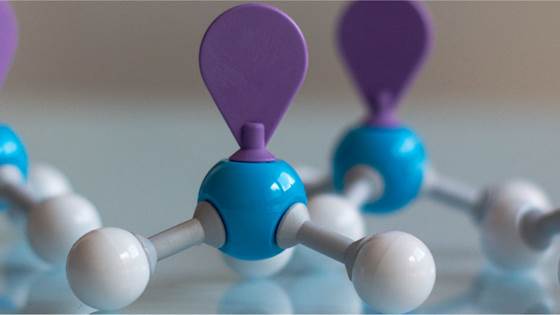
Ammonia
Ammonia is increasingly being considered as a promising zero-emission alternative fuel for decarbonising the maritime sector.

Our work explores how solutions for the energy transition affect the climate and nature, as well as the opportunities and threats related to the development and use of artificial intelligence within our prioritised focus areas.
We build knowledge through laboratory work, numerical methods and models, and analysis. The interaction between these approaches forms the basis for new solutions for our clients while addressing society’s needs. This is sustainability in practice.
The department develops and carries out large R&D projects based on our prioritised research areas. The department leads major national and European projects such as gigaCCS and HYDROGENi, which are Centres for Environment-friendly Energy Research (FME). We are also a partner in FMEs MarTrans and InterPlay. Additionally, we lead the LowEmission Petroleum Research Centre. In the EU’s framework programme, we coordinate the projects ACCSESS, H2GLASS and COREu. We have extensive research infrastructure, both digital (for example, ThermoPack and EnergyModelsX) and physical, within CCS, hydrogen and ammonia. We also have equipment for testing heat exchangers.
The department is located in Kolbjørn Hejes road 1D

Ammonia is increasingly being considered as a promising zero-emission alternative fuel for decarbonising the maritime sector.
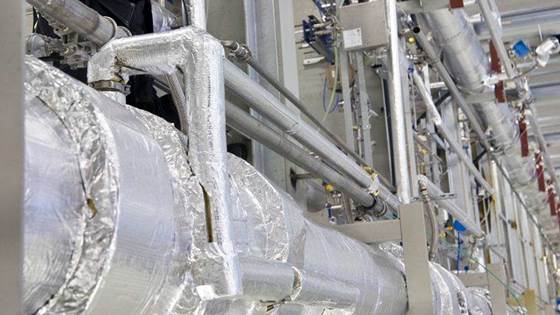
For decades, SINTEF has closely collaborated with the industry on a wide range of technologies to develop solutions for carbon capture, storage, and utilization, thereby contributing to significant reductions in greenhouse gas emissions.
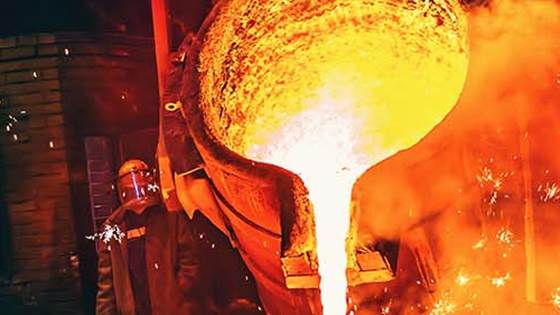
The greenest energy is the type you never use.
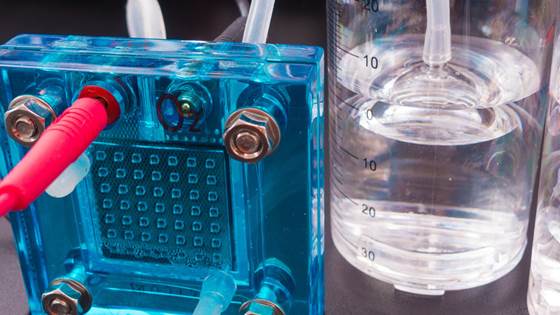
As a fuel, hydrogen is powerful enough to launch NASA’s space shuttles.
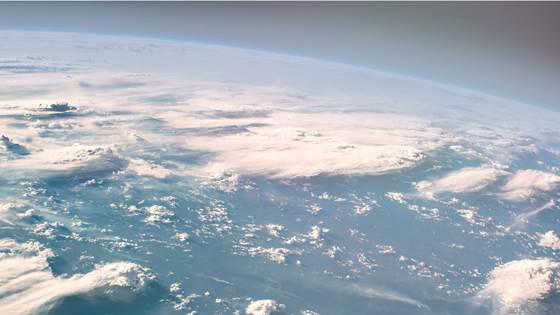
If we are to succeed with limiting the increase in global temperatures to 1.5°C, we need to remove greenhouse gases from the atmosphere.
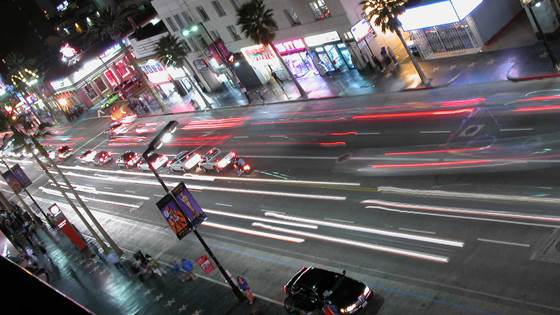
We participate in developing future transport systems.